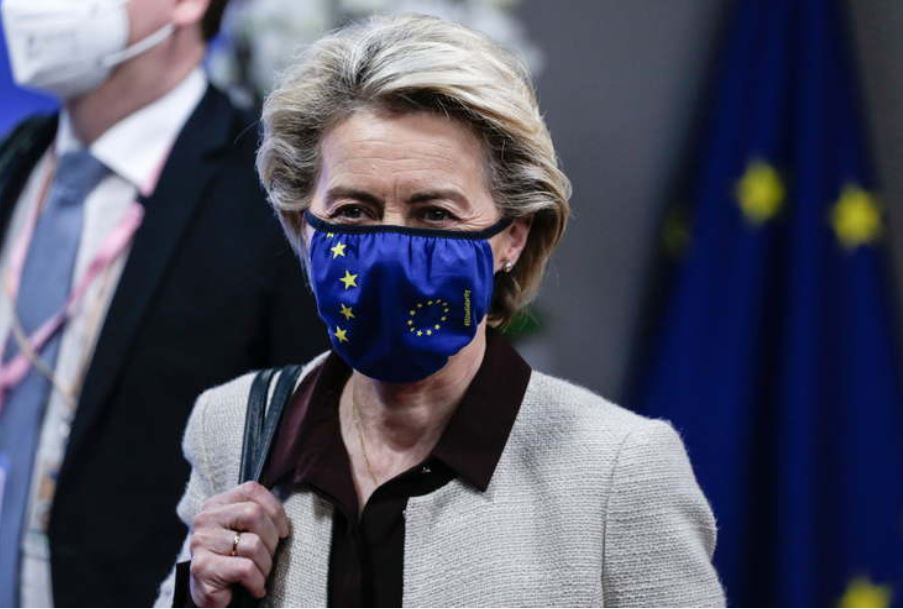By Mariann Őry
The European Commission deliberately looks the other way when it comes to national minorities, and there is a political motive behind this, wrote hungarian researcher Balázs Tárnok in an opinion piece for Newsweek.
Many Europeans belong to a cultural, linguistic or ethnic group within a Member State that is different from the majority. This applies, for example, to the Basque population in Spain, the Hungarians in Romania and Ukraine and the Sorbs in Germany. All too often, these groups lack rights and protection.
“Although there are more than 50 million people in the EU who belong to ethnic (national or linguistic) minorities, there are no specific legal acts at EU level to protect them. The lack of a minimum level of EU rules allows Member States to deprive ethnic minorities of their previously acquired rights,” Tárnok writes.
For this reason, the Federal Union of European Ethnic Groups (FUEN) recently made an urgent appeal to the EU institutions on the issue of minority rights, but this has been largely ignored.
The European Commission ignores the problems of national minorities because it wants to suppress national and regional peculiarities and homogenize the population of Europe, Tárnok, a visiting scholar at the University of Notre Dame, said in an opinion piece published in the American magazine Newsweek under the title “Ignoring Minority Rights is Part of Brussels’ Agenda to Homogenize Europe”.
He recalled that in recent years, the Commission has selectively exploited its position as guardian of various treaties to initiate legal proceedings alleling breaches of “common” but somehow exclusive EU values.
“In recent years, the EU Commission has moved away from its original role as an impartial ‘guardian of the treaties’ and is now abusing the concept of common EU values. The Brussels authority only takes legal action in the event of violations of certain values, while completely ignoring the violation of other principles that are less important to Brussels,” the Hungarian researcher writes.
According to Tárnok, the committee regularly points to a lack of competence, to its own helplessness when national minorities are harmed, but if it wants to stand up for the LGBTQ minority, for example, the obstacles mentioned suddenly disappear.
“The European Commission has recently launched infringement proceedings against both Hungary and Poland for alleged violations of LGBTQ+ rights. While Brussels stands up for the rights of LGBTQ+ people, it continues to ignore the challenges faced by other minorities, especially ethnic minorities. The non-defence of ethnic minorities is part of the Commission’s agenda to suppress national and regional specificities in Europe and to homogenise the population,” he wrote.
According to Tárnok, by neglecting national minorities, Brussels is destroying Europe’s true, inherited cultural diversity, violating the intentions of its founding fathers. Following the Conference on the Future of Europe, FUEN called for the protection of national and linguistic minorities to be included in the founding treaties of the European Union. Europe’s largest minority umbrella organisation, chaired by Vincze Loránt, a member of the European Parliament for the Democratic Alliance of Hungarians in Romania (RMDSZ), adopted this strategy at its congress in Trieste, which ended on Sunday. In their view, the EU treaties must make it clear that the Copenhagen criteria are not only binding on the candidate countries, but that compliance with them is a permanent obligation for all member states.
FUEN called on the European Commission to fully integrate the monitoring of the situation of national and linguistic minorities into the rule of law mechanism and to support Member States by exchanging best practices in the field of minority protection. It was also noted that there is currently no coherent EU policy on the protection of minorities.
This article first appeared on MAGYAR HÍRLAP, our partner in EUROPEAN MEDIA COOPERATION.

